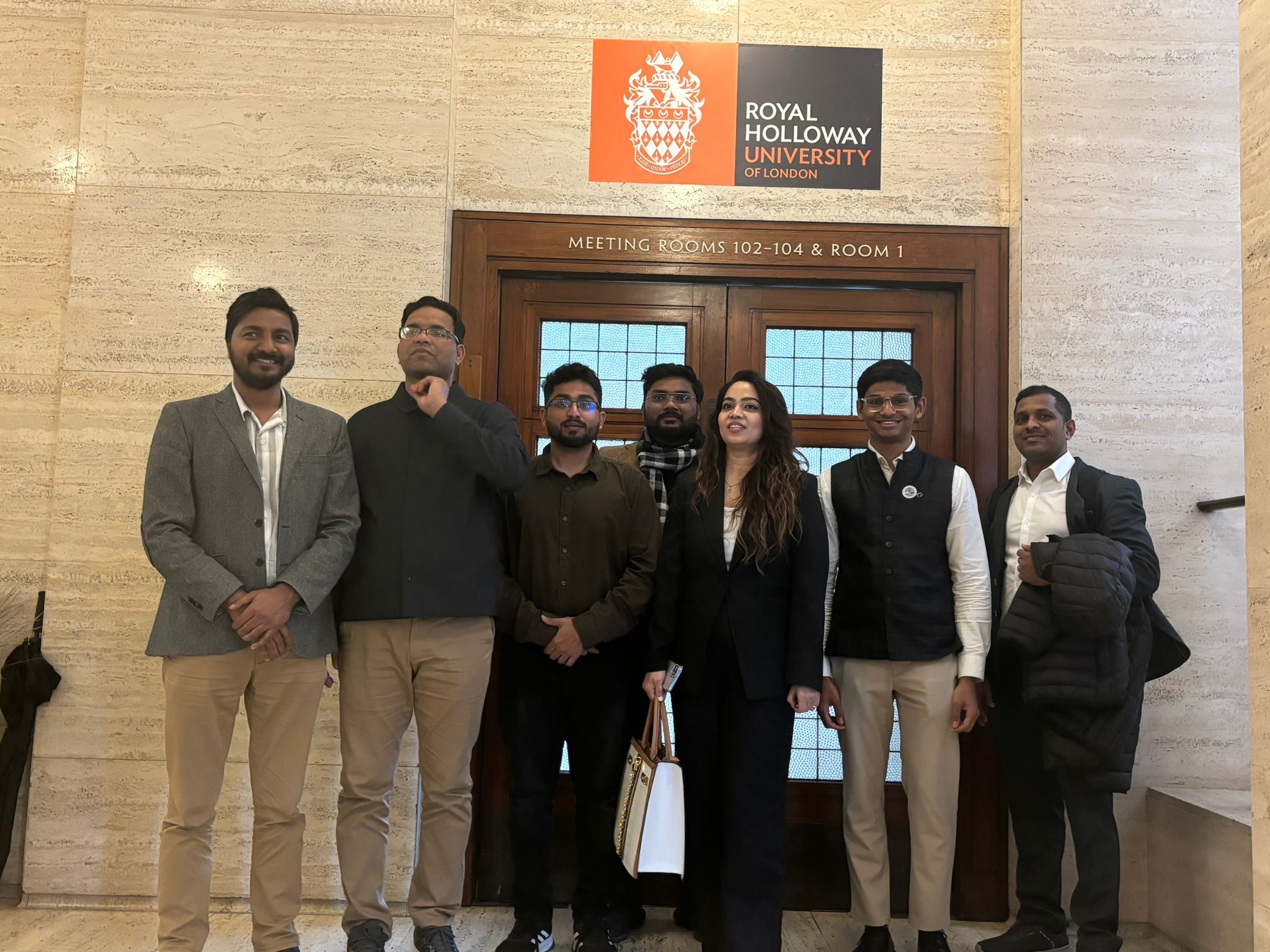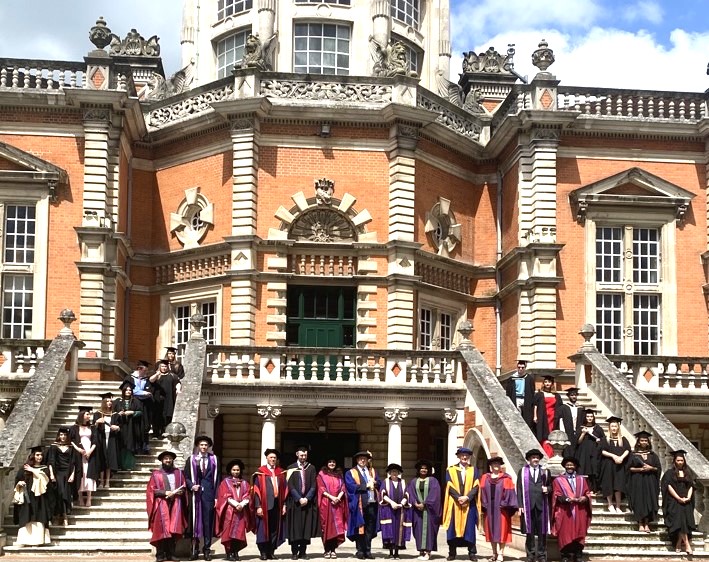A two-day symposium on “Diversity in the Legal and Judicial Profession and the Politics of Merit and Exclusion in India” funded by the Reid Research Fund from Royal Holloway, University of London, on 12-13 June 2024 at the Senate House, RHUL.

Dr. Shailesh Kumar and Dr. Arvind Kumar successfully organized a two-day symposium on "Diversity in the Legal and Judicial Profession and the Politics of Merit and Exclusion in India," funded by the Reid Research Fund from Royal Holloway, University of London, on June 12-13, 2024, at the Senate House, RHUL. The event was inaugurated by Prof. Ravinder Barn, the Head of the Department of Law and Criminology at RHUL. The keynote address was given by Rajinder Kashyap, Member of the Central Administrative Tribunal and Former Special Secretary (Appointments) for the Government of India. Drawing on his involvement in the appointment of more than 1,700 judges in India's higher judiciary (Supreme Court and High Courts), Kashyap elaborated on the process of appointing judges in the Indian higher judiciary through four types of collegium systems and the causes behind the lack of gender and caste diversity.
There were four distinguished speakers: Prof. Ravivarma Kumar (Senior Advocate of the Supreme Court of India and the Former Advocate General of the Government of Karnataka), Dr. K.S. Chauhan (Senior Advocate of the Supreme Court of India), Prof. Dilip Mandal (Senior Journalist and Member of the Editors Guild of India), and Nishant Ranjan (Journalist from Hindustan Times). Congratulating the Department of Law and Criminology, RHUL for organizing this first symposium on this theme, the guest speakers highlighted the lack of diversity, particularly in terms of caste and gender, in the Indian judiciary and suggested that a White Paper should be released detailing the social background of all judges in the Indian higher judiciary. They also recommended for further research on this topic.
There were 13 thematically organized sessions with 65 presentations and around 80 speakers from several universities in India, the UK, and the USA. All sessions were chaired by researchers and academics who managed the sessions and provided feedback to the presenters. This symposium will act as a springboard for further debates on diversity, create networks, and convert high-quality research works into publications.
























